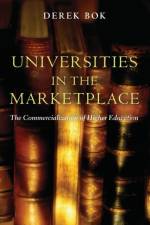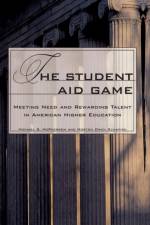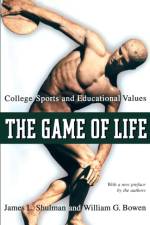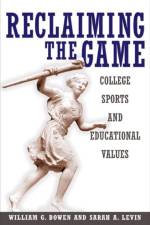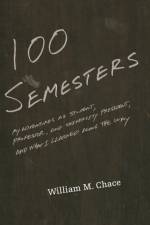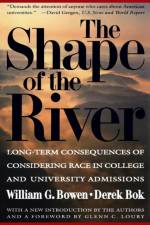- My Adventures as Student, Professor, and University President, and What I Learned along the Way
von William M. Chace
35,00 €
In One Hundred Semesters, William Chace mixes incisive analysis with memoir to create an illuminating picture of the evolution of American higher education over the past half century. Chace follows his own journey from undergraduate education at Haverford College to teaching at Stillman, a traditionally African-American college in Alabama, in the 1960s, to his days as a professor at Stanford and his appointment as president of two very different institutions--Wesleyan University and Emory University. Chace takes us with him through his decades in education--his expulsion from college, his boredom and confusion as a graduate student during the Free Speech movement at Berkeley, and his involvement in three contentious cases at Stanford: on tenure, curriculum, and academic freedom. When readers follow Chace on his trip to jail after he joins Stillman students in a civil rights protest, it is clear that the ideas he presents are born of experience, not preached from an ivory tower. The book brings the reader into both the classroom and the administrative office, portraying the unique importance of the former and the peculiar rituals, rewards, and difficulties of the latter. Although Chace sees much to lament about American higher education--spiraling costs, increased consumerism, overly aggressive institutional self-promotion and marketing, the corruption of intercollegiate sports, and the melancholy state of the humanities--he finds more to praise. He points in particular to its strength and vitality, suggesting that this can be sustained if higher education remains true to its purpose: providing a humane and necessary education, inside the classroom and out, for America's future generations.




